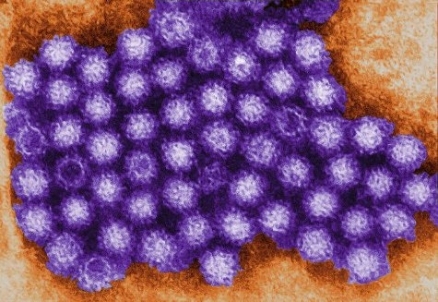Noroviruses on Cruise Ships
Contents
- 1 Facts About Noroviruses on Cruise Ships
- 1.1 Noroviruses
- 1.2 Symptoms caused by noroviruses
- 1.3 Where noroviruses are found
- 1.4 Reasons why noroviruses are associated with cruise ships Source: CDC.
- 1.5 How noroviruses are spread
- 1.6 Norovirus infections are not usually serious
- 1.7 What to do if you get norovirus
- 1.8 How to prevent getting and spreading noroviruses
Facts About Noroviruses on Cruise Ships
Noroviruses
Noroviruses are a group of viruses (previously known as Norwalk-like viruses) that can affect the stomach and intestines. These viruses can cause people to have gastroenteritis, an inflammation of the stomach and the large intestines. Gastroenteritis is sometimes called a calicivirus infection or food poisoning, even though it may not always be related to food.
Symptoms caused by noroviruses
Common symptoms: vomiting, diarrhea, and some stomach cramping
Less common symptoms: low-grade fever, chills, headache, muscle aches, nausea, and tiredness
This illness often begins suddenly, and the infected person may feel very sick. Normally the illness lasts about 1 to 2 days. Children often vomit more than adults.
Where noroviruses are found
Noroviruses are found in the stool or vomit of infected people and on infected surfaces that have been touched by ill people. Outbreaks occur more often where there are more people in a small area, such as nursing homes, restaurants, catered events, and cruise ships.
Reasons why noroviruses are associated with cruise ships  Source: CDC.
Source: CDC.
- Health officials track illness on cruise ships. Therefore, outbreaks are found and reported more quickly on a cruise ship than on land.
- Close living quarters may increase the amount of group contact.
- New passenger arrivals may bring the virus to other passengers and crew.
How noroviruses are spread
 Source: CDC. People can become infected with the virus by:
Source: CDC. People can become infected with the virus by:
- Eating food or drinking liquids infected with noroviruses
- Touching surfaces or objects infected with noroviruses and then touching own mouth, nose, or eyes
- Having person-to-person contact (with a norovirus-infected person) by
- being present while someone is vomiting
- sharing food or eating from the same utensils
- caring for a sick person
- shaking hands
- Not washing hands after using the bathroom or changing diapers and before eating or preparing food.
Norovirus infections are not usually serious
Noroviruses are highly contagious, but infections are not usually serious. People may feel very sick and vomit often or get diarrhea, becoming dehydrated if lost liquids are not replaced. Most people recover within 1 or 2 days and have no long-term adverse health effects.
What to do if you get norovirus
Advise the medical staff of your illness. Drink plenty of fluids. Wash hands often.
How to prevent getting and spreading noroviruses
- Wash hands often. Wash hands after using the bathroom or changing diapers and before eating or preparing food. Wash hands more often when someone in your home is sick. For hand washing tips, click on the following link: www.cdc.gov/nceh/vsp/pub/Handwashing/HandwashingTips.htm
- Avoid shaking hands during outbreaks.
- Use alcohol-based hand sanitizer along with handwashing.
For more information, visit www.cdc.gov/nceh/vsp,
E-mail CDCINFO@cdc.gov CDCINFO@cdc.gov, or
call the CDC public response hotline at 1-800-CDC-INFO (1-800-232-4636).
